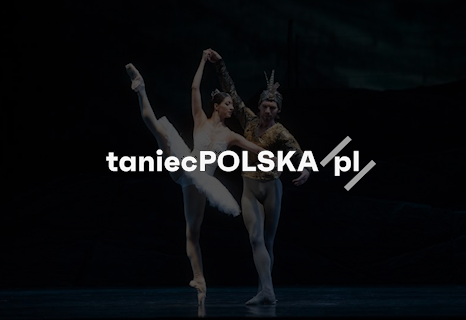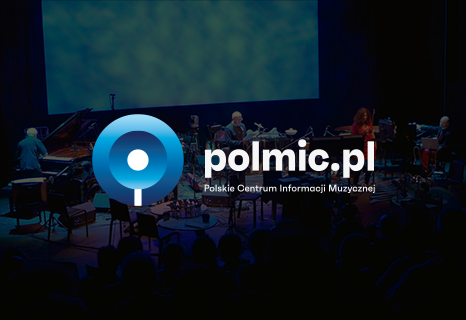Kolberg 2014 – Promesa is a new programme instituted by the Minister of Culture and National Heritage of Poland on 20 August 2013. Its objective is to set the stage for the celebrations of the bicentenary of Oskar Kolberg, a folklorist, ethnographer, musician, composer, researcher, and documentalist, an insightful observer of everyday life, and the author of a monumental, over 30-volume, work titled Lud. Jego zwyczaje, sposób życia, mowa, podania, przysłowia, obrzędy, gusła, zabawy, pieśni, muzyka i tańce [The people, their customs, way of life, speech, legends, proverbs, rites, pagan ceremonies, games, songs, music and dances].
The programme is managed by the Institute of Music and Dance in Warsaw. The deadline for submissions is 30 September this year.
Kolberg 2014 – Promesa aims to underscore the role of tradition as an indispensible element of the world today. Strong emphasis is put on appreciating the effort invested by Oskar Kolberg into his research and editing work in order to document and propagate the outcomes of his studies, as well as his desire to make contacts with other researchers and collaborators. The programme was also devised to support projects which would propagate, in the widest way possible, the achievements of researchers, documentalists and artists of various disciplines that focus or focused in their work on rural and small-town communities, regional and religious groups, as well as ethnic and national minorities. The programme is also meant to raise public awareness with respect to traditional culture and to give rise to such conditions and climate that would foster greater cultural activity among the public.
Kolberg 2014 – Promesa embraces the following three categories of projects:
- projects pertaining to research, documentation, popularisation and education, carried out collaborators from different generations and sections of the society, that aim to examine, in the deepest way possible, cultural heritage of a selected community by way of interpersonal relations with bearers of what is called “living tradition”;
- projects inspired by broadly understood folk and traditional culture that find expression in different art forms (including music, literature, plastic arts, stage works), as well as projects that investigate the role of tradition in social life, including projects adopting a critical perspective on Polish folk and traditional culture, reflecting on its status, and on historical relations between traditional and “high” culture;
- projects using the latest technological advances to facilitate access to archives via the Internet and publishing projects focusing on publications regarding traditional folk culture and its transformation and are of significant value both in terms of the content they provide and the popularising role they play.
Entities eligible for applying for support under the programme are entities established under Polish law (central and local culture institutions, non-governmental organisations, churches and registered faith communities, artistic universities and colleges, artistic schools, and entities that run business activity). Applications should be submitted using a dedicated EBOI e-form to be found on https://esp.mkidn.gov.pl.
The priority’s total budget is PLN 2 000 000.

